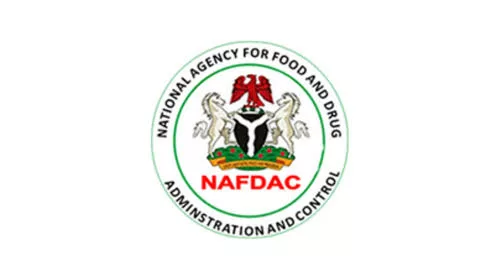In a significant move to protect the health of Nigerians, the National Agency for Food and Drug Administration and Control (NAFDAC) has announced the gazetting of two crucial regulations related to fats and oils. These regulations aim to ensure food safety and reduce the risk of Non-communicable Diseases (NCDs) by eliminating industrially-produced Trans Fatty Acid (TFAs) from the nation’s food supplies.
NAFDAC’s director-general, Prof. Mojisola Adeyeye, made this announcement during a briefing in Lagos on Monday.
The first regulation, the reviewed Fats, Oil, and Food containing Fats and Oil Regulation 2022, sets out guidelines for the permissible amounts of fats and oils in food products. The second regulation, the Pre-Packaged Food Labelling Regulation 2022, mandates clear labeling of milligrams of fat and oil in packaged foods, providing consumers with crucial information to make informed choices about their dietary intake.
The implementation of these regulations is in line with the 2018 World Health Assembly’s recommendation to eliminate industrially-produced TFAs from global food supplies, aiming to reduce NCDs worldwide. The World Health Organization (WHO) statistics reveal that NCDs, including heart disease, stroke, cancer, diabetes, and chronic lung disease, account for a significant portion of global deaths. In Nigeria, NCDs are responsible for approximately a quarter of all deaths, with a worrying 20 per cent probability of mortality between ages 30 and 70 years from these diseases.
With the gazetting of these regulations, NAFDAC is taking a proactive approach to protect citizens from the harmful effects of unhealthy fats and oils in food products. The agency’s move aligns with the WHO’s recommendation to ban the use of partially hydrogenated oils, a major source of industrially produced TFAs, in all foods. Additionally, the regulations set limits to ensure that the amount of industrially produced TFAs in food does not exceed 2 percent of the total fat content.
NAFDAC’s director-general, Prof. Mojisola Adeyeye, emphasised the agency’s commitment to safeguarding the health of Nigerians. She urged the public to be mindful of what they consume, as unhealthy dietary habits can have severe consequences on overall well-being.
The regulations are a result of collaborative efforts between NAFDAC, the Federal Ministry of Health, and other stakeholders, including the Trans-Fat Coalition Partners in Nigeria, Global Health Advocacy Incubator (GHAI), Network for Health Equity and Development (NHED), and Corporate Accountability & Public Participation Africa (CAPPA).
To ensure effective enforcement of the regulations, NAFDAC is collaborating with relevant ministries and partners to introduce supporting policies and legal measures. The agency aims to create a safer and healthier food environment for all Nigerians.
Dr. Jerome Mateni, a representative of NHED, lauded NAFDAC’s proactive steps in implementing the regulations and expressed optimism that they would have a positive impact on public health. He called for increased public-private partnerships to address other health-related issues and promote the overall well-being of Nigerians.
In conclusion, NAFDAC’s enactment of regulations on fats and oils is a significant milestone in the pursuit of a healthier Nigeria. By promoting food safety and reducing the consumption of unhealthy fats, the agency is taking essential steps to protect citizens from NCDs and improve the nation’s overall health and well-being.





